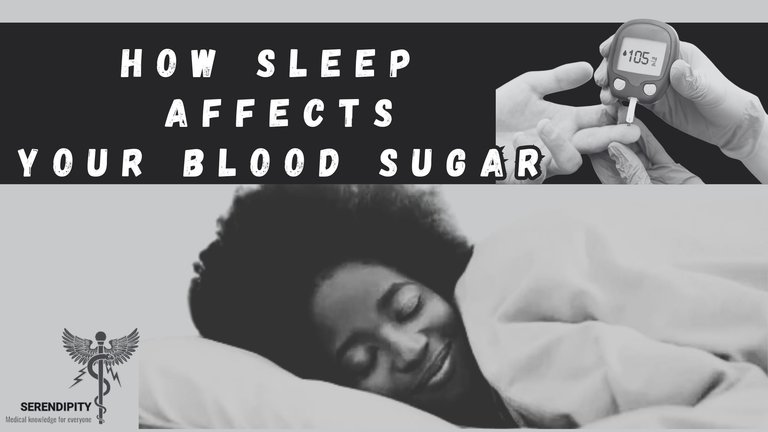
Imagine this: It's 2 a.m., and you're surrounded by empty coffee mugs. The screen in front of you is glowing with study notes, work deadlines, or a last-minute project. Your eyelids feel like they're made of lead, but you push through. The clock ticks closer to dawn, and instead of counting sheep, you’re counting how many hours of sleep you'll miss before tomorrow.
Sound familiar? For many of us, sacrificing sleep to keep up with the demands of life feels normal—even admirable. But while we wear our sleepless nights like a badge of honour, our bodies may be paying a price, especially when it comes to managing health conditions like diabetes.
Here’s the thing: Sleep isn’t just for “lazy people.” It’s essential for your overall health and even more important if you’re dealing with blood sugar issues. So, how does sleep—or lack of it—affect diabetes?
Why Does Sleep Matter for Blood Sugar?

Your body is like a machine with lots of moving parts, and sleep can be describes as the oil that keeps everything running smoothly. When you don’t get enough of it, things start to break down—especially how your body processes sugar.
The major reason for the breakdown is a sneaky condition called insulin resistance. This happens when your cells don’t respond properly to insulin, the hormone responsible for keeping your blood sugar levels in check. Here are a few ways poor sleep triggers this problem:
1. Hormonal Chaos
Hormones are like the body’s internal managers, ensuring everything works as it should. But when you don’t get enough sleep, two important hormones go rogue:
Cortisol: also known as stress hormone rises with sleep deprivation. It tells your body to produce more glucose (sugar) while simultaneously reducing the efficacy of insulin available to process it. It does this by making your cells less sensitive to the effect of insulin.
Growth Hormone: This hormone usually helps your body burn fat and maintain insulin sensitivity. Poor sleep disrupts its production, making it harder for your body to process sugar properly.
2. Inflammation on Overdrive
When you don’t sleep well, your body produces more inflammatory markers— these are tiny signals that can mess with how insulin works. These markers make it harder for your muscles and fat cells to take up glucose, which can send your blood sugar levels to the roof.
3. Hunger Hormones Gone Wild

Ever notice how after a bad night’s sleep, you feel famished all day? That’s because sleep deprivation throws off the balance between two key hunger hormones:
Leptin: This hormone tells your brain, “You’re full.” It prevents you from eating more. Poor sleep reduces leptin, making you feel hungrier.
Ghrelin: This hormone says, “Eat more!” When you don’t sleep enough, ghrelin levels rise, increasing your cravings—especially for high-calorie, carb-heavy foods.
The result? You’re snacking constantly, reaching for sugary or starchy comfort foods, and gaining weight. This not only worsens insulin resistance but can also create a vicious cycle of poor sleep and poor health.
Sleep, Exercise, and the Vicious Cycle
When you’re sleep-deprived, fatigue sets in, and your energy tanks. Exercise becomes the last thing on your mind. You might grab the nearest quick snack instead of preparing a balanced meal. This lack of movement and poor eating habits lead to weight gain, further disrupting your sleep. And so, the cycle continues, leaving your blood sugar in shambles.
It’s no surprise, then, that people with sleep disorders like Obstructive Sleep Apnea Syndrome (OSAS) are at a much higher risk of developing type 2 diabetes. Consistently sleeping less than 6 hours a night has been linked to a significant increase in diabetes risk.
The Bottom Line
If you’re managing diabetes—or hoping to prevent it—getting enough quality sleep should be a top priority. You could take all the medications in the world, but if you’re not addressing poor sleep, you might be fighting an uphill battle with your blood sugar.
So, what can you do? Start by practicing good sleep hygiene:
- Stick to a consistent sleep schedule.
- Create a relaxing bedtime routine (yes, that means turning off the screens).
- Make your bedroom a comfortable sleep haven—dark, quiet, and cool.
Sleep isn’t a luxury; it’s a necessity, especially for your health. So tonight, put down the coffee mug, turn off the late-night distractions, and give your body the rest it deserves. Your blood sugar—and your future self—will thank you.